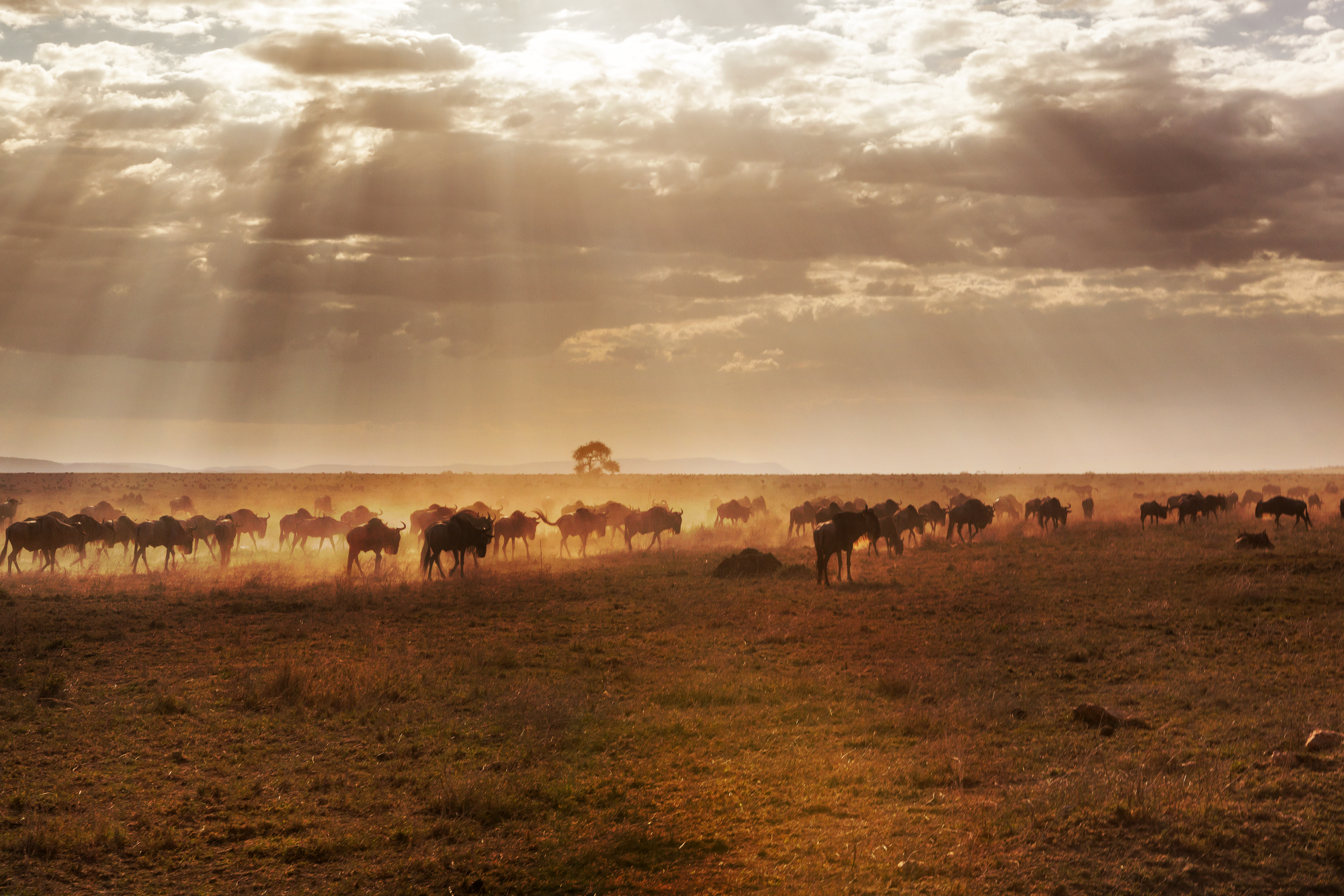Global calls to ban trophy hunting often ignore the perspectives of rural communities who live alongside wildlife. In Namibia, regulated trophy hunting within communal conservancies has proven to be a vital conservation tool—funding anti-poaching efforts, supporting habitat management, providing food, and creating local jobs.
This model links wildlife protection directly to community well-being, offering strong incentives for sustainable practices. However, challenges such as unequal benefit distribution and limited access to high-paying roles persist.
Banning trophy hunting without viable economic alternatives risks undermining conservation success, increasing human-wildlife conflict, and harming local livelihoods. Effective conservation must include and benefit the communities on the front lines of wildlife stewardship.

